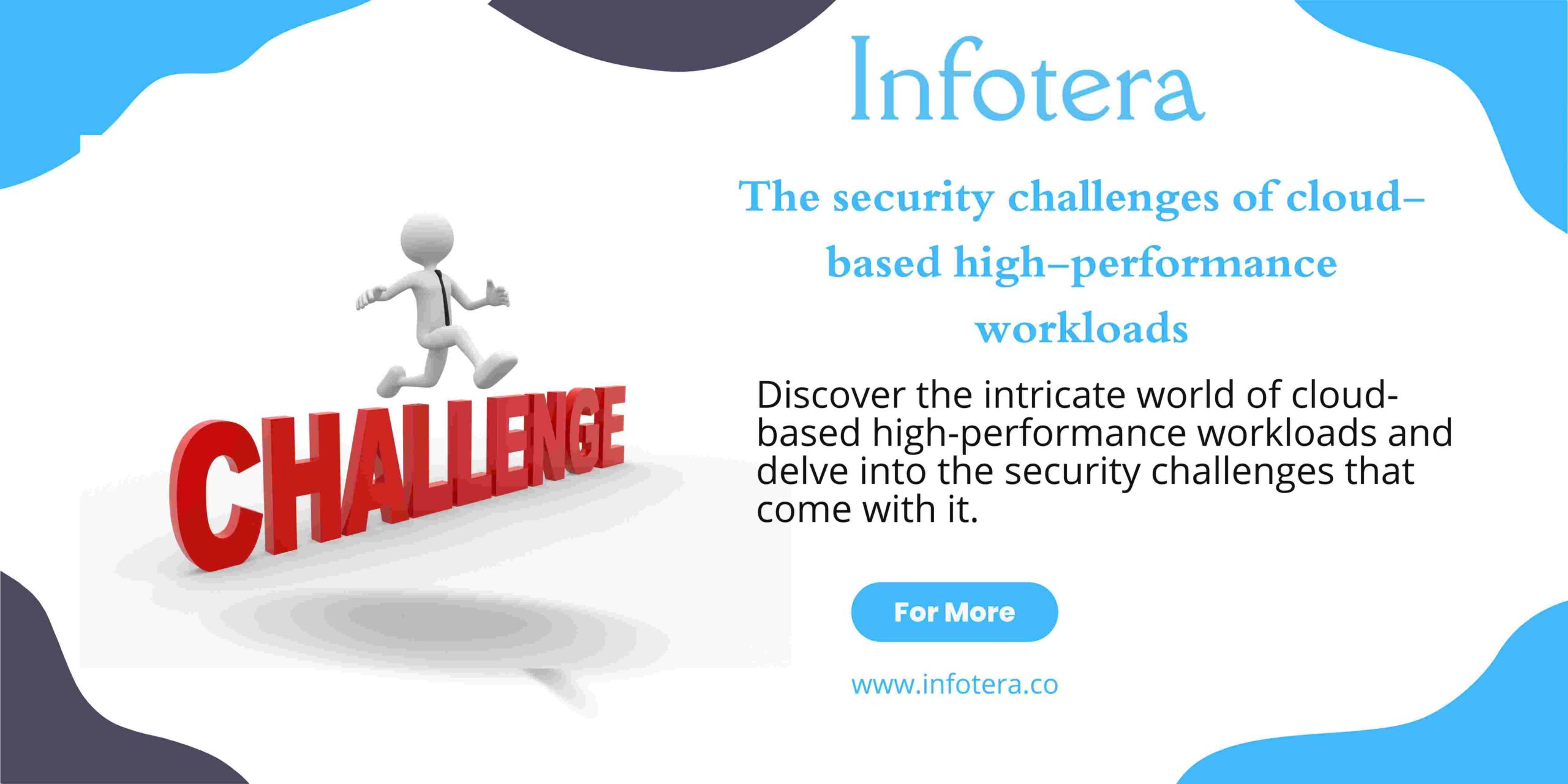Are amplified by the fact that these workloads often transfer and process large amounts of data in real-time. This can create a range of risks, such as malicious actors capturing and using sensitive information, or unauthorized access to confidential records.
Organisations are therefore taking steps to ensure that their cloud-based workloads remain secure, from sophisticated encryption technologies to multi-factor authentication systems. In addition, organizations are adopting best practices such as regular security auditing, vulnerability scans and stringent access control policies in order to ensure that their data remains safe from external threats.
This is becoming increasingly important as the cloud becomes an integral part of many organizations’ IT infrastructure. What’s more, companies need to be aware of the potential risks associated with transferring data to and from their cloud platform, as well as ensuring that any third-party services they use are properly secured.
The security challenges of high-performance workloads
in the cloud are only going to increase as more and more data is transferred, stored, and analyzed on these platforms. It’s essential for organizations to remain vigilant and take steps to mitigate potential risks. By doing so, they can ensure that their high-performance workloads continue to be secure and productive.
An expanded attack surface
and the need for high-level security measures mean that organizations must take extra steps to protect their cloud-based workloads from malicious actors. Infotera provides a range of services to help customers stay secure, including sophisticated encryption technologies, multi-factor authentication and regular security audits.
By taking these steps, organisations can ensure that their data remains safe and that their high-performance workloads remain secure and productive.
In conclusion, cloud-based high-performance workloads bring an increased security risk due to the expanded attack surface but there are measures that can be taken to mitigate this risk. By taking steps such as encryption technologies and multi-factor authentication systems, organisations can ensure that their data and workloads are secure.
Regular security audits, vulnerability scans and stringent access control policies should also be implemented in order to ensure the safety of data within cloud-based environments. With the proper security measures in place, organisations can rest assured that their cloud-based high-performance workloads remain secure and productive.
Protecting high-performance workloads
in the cloud is becoming increasingly important, and with the right security measures in place, organisations can ensure their data remains safe. Infotera provides the expertise to help customers stay secure and enable them to take advantage of all that cloud-based high performance workloads have to offer. With Infotera’s services, organisations can ensure they remain secure while reaping the benefits of their cloud-based workloads.
In conclusion, high-performance workloads in the cloud are becoming increasingly popular and consequently require robust security measures to protect customer data from malicious actors.
Cloud providers must go above and beyond when it comes to protecting customer information by following security best practice, using reliable security technologies and abiding by regulations.
Decentralising computing, along with implementing encryption technologies, multi-factor authentication and regular security audits are all important steps for organisations to take in order to protect their cloud-based workloads from external threats.
By taking the necessary steps to ensure data security, organisations can rest assured that their high-performance workloads remain secure and productive.
Infotera provides the expertise to help customers stay secure and reap all the benefits of cloud-based high performance workloads. With Infotera’s services, organisations can ensure their data remains safe while taking advantage of cloud computing capabilities.

